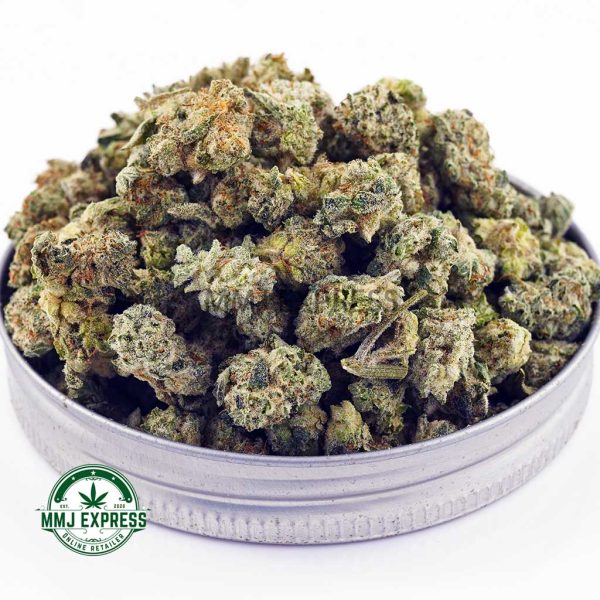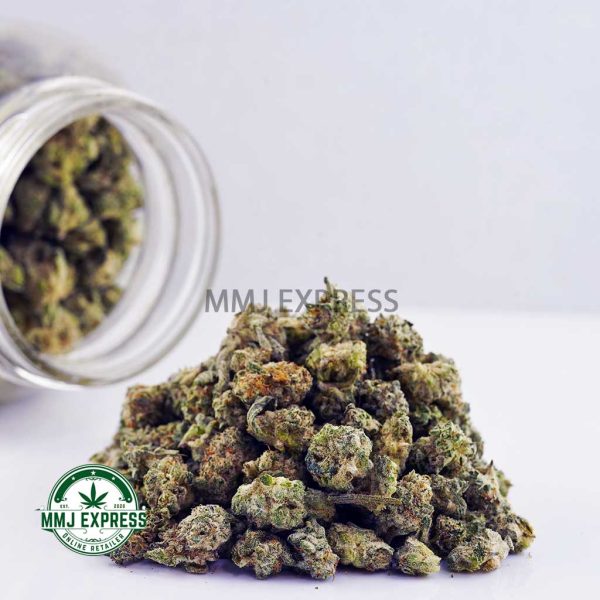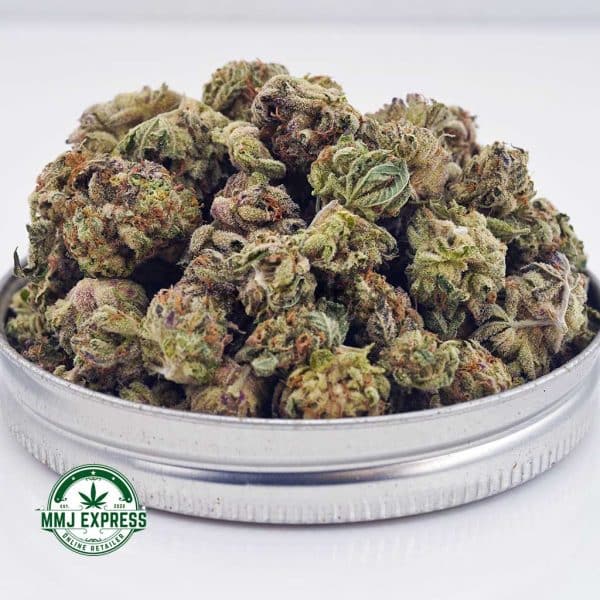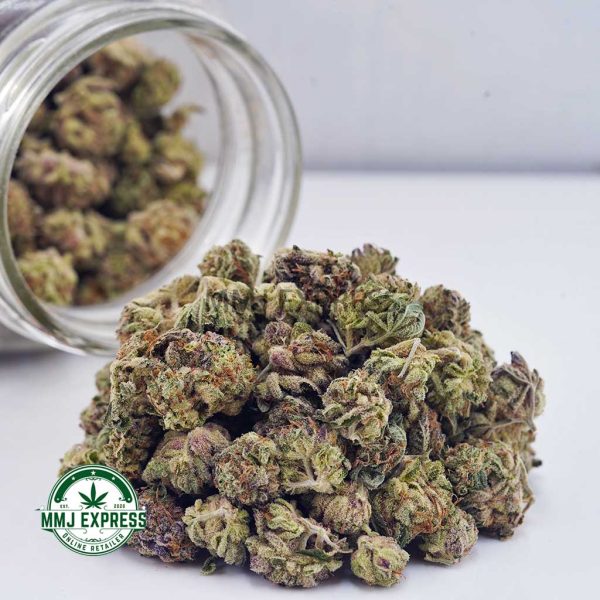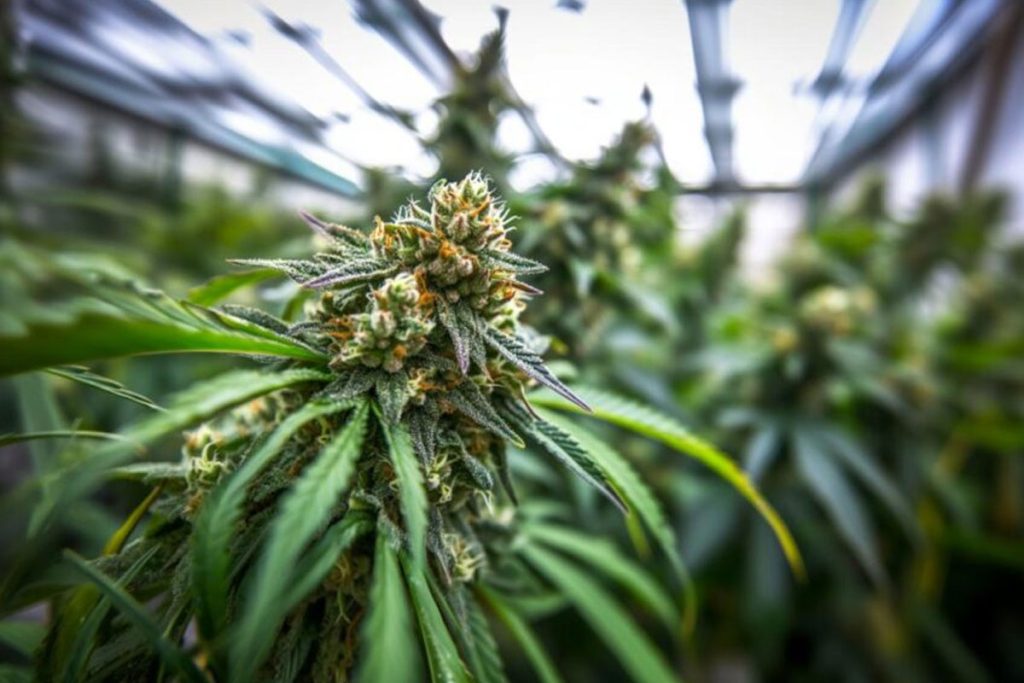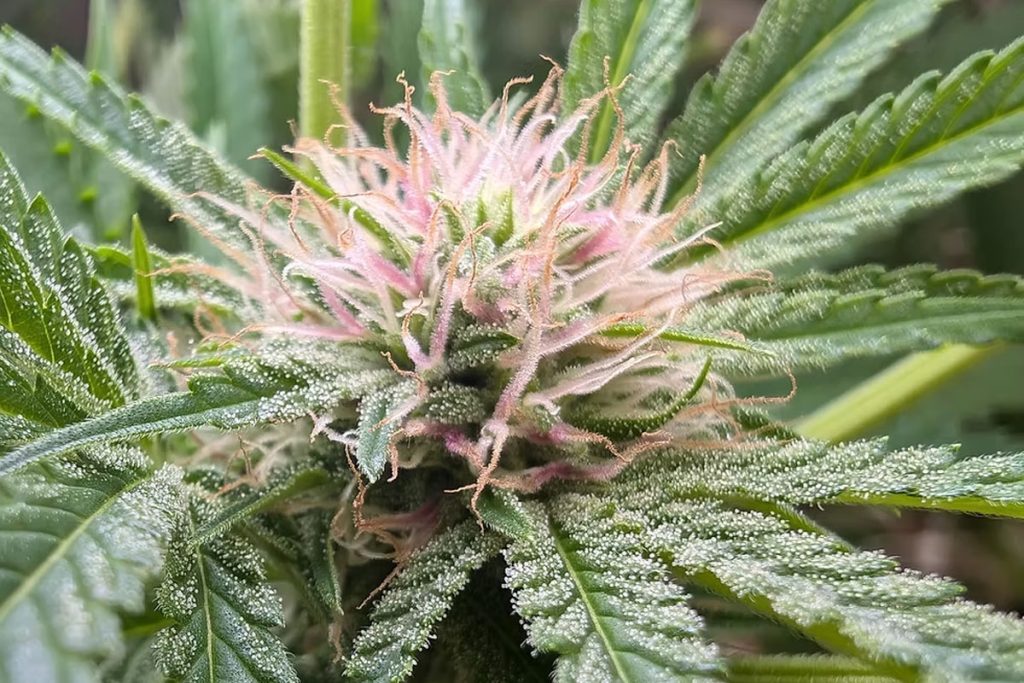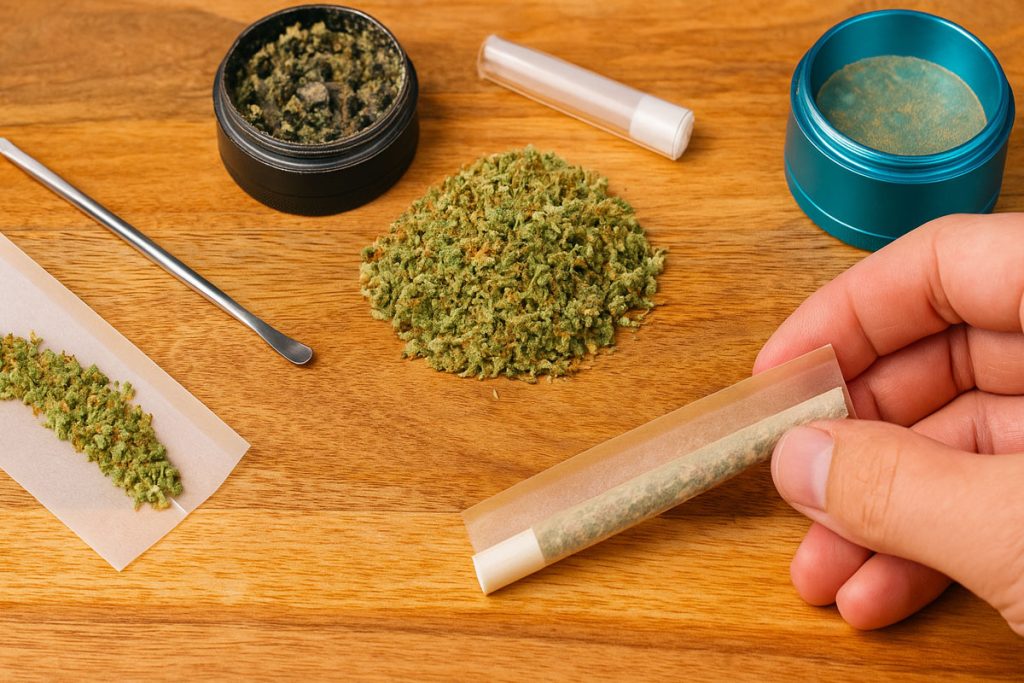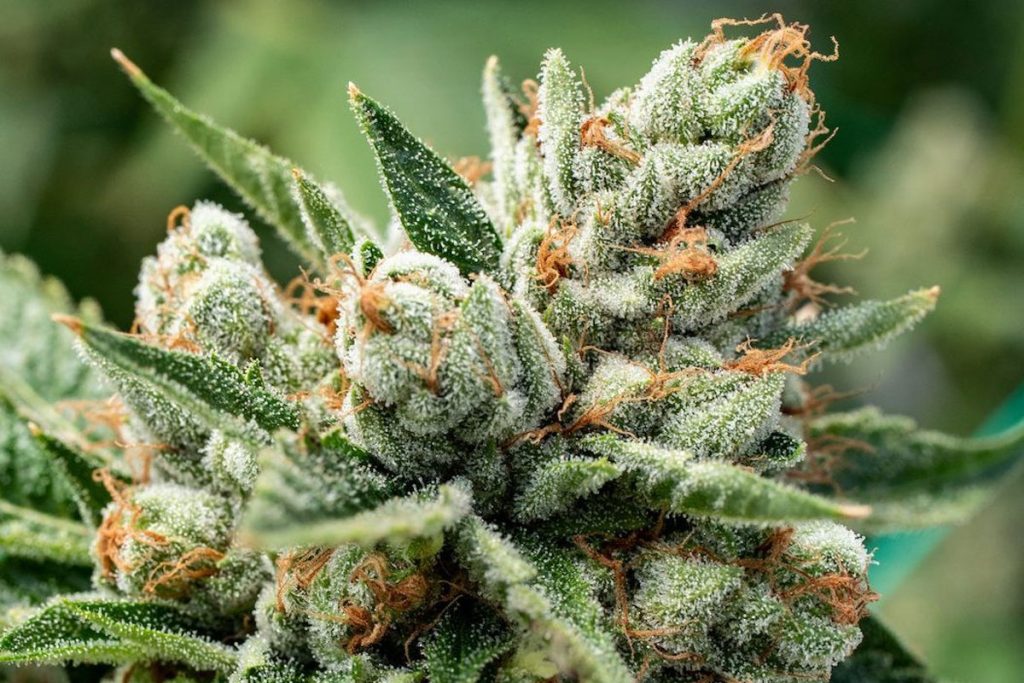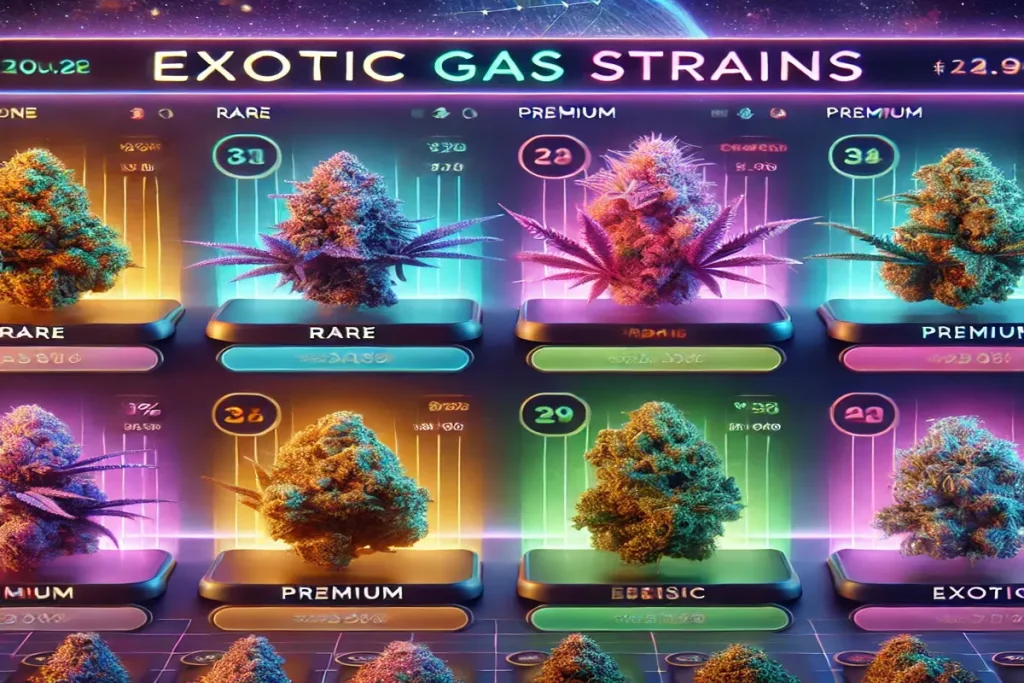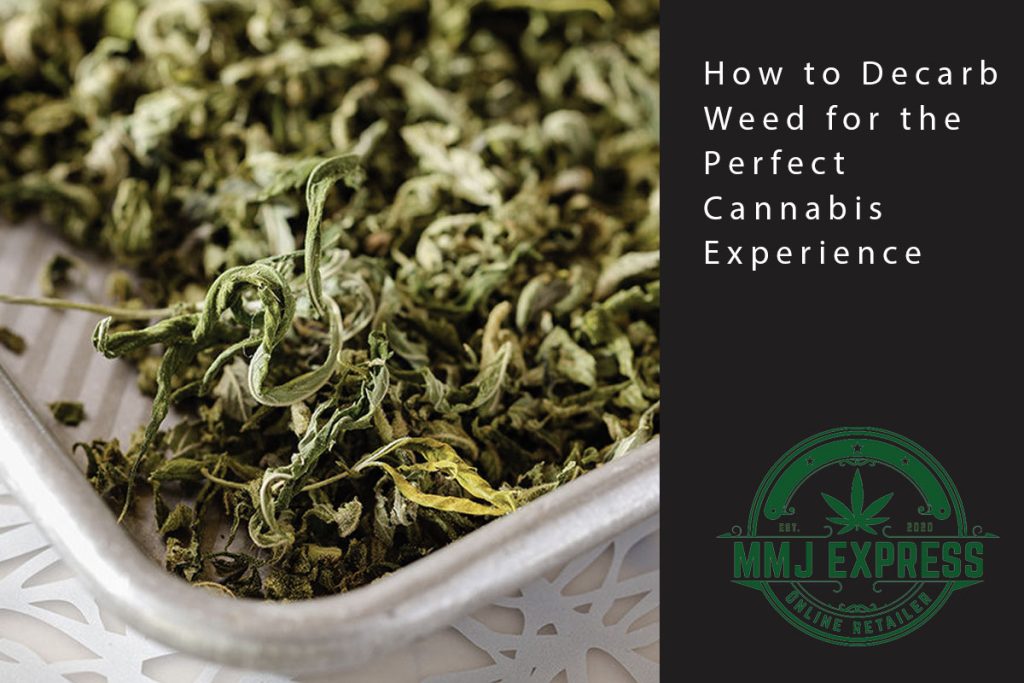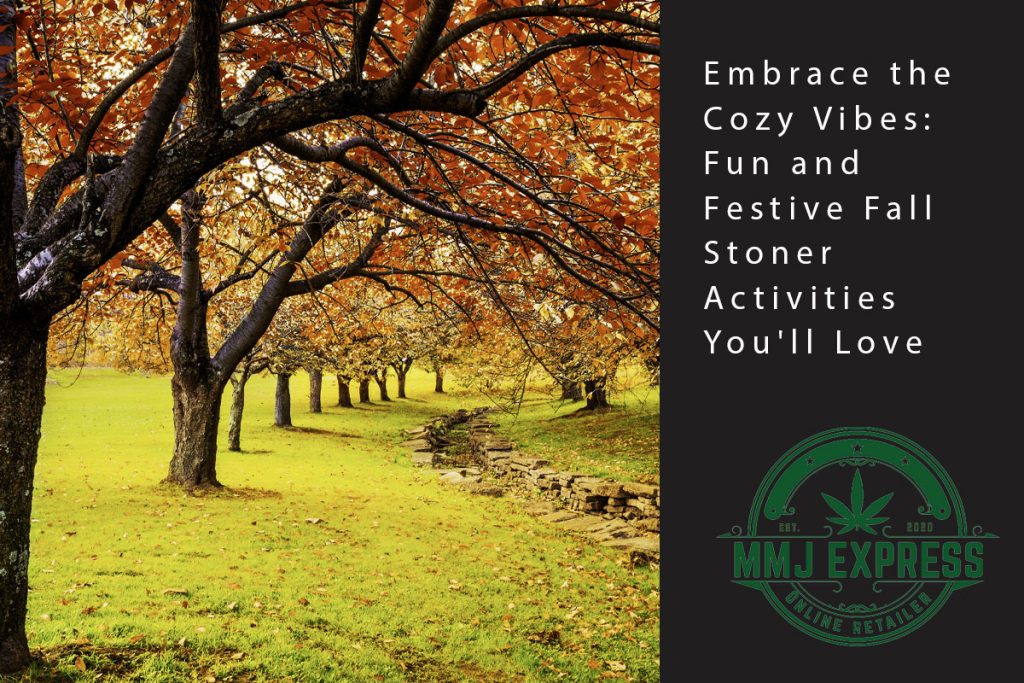Harnessing the Potential of Cannabis as a Natural Antidepressant
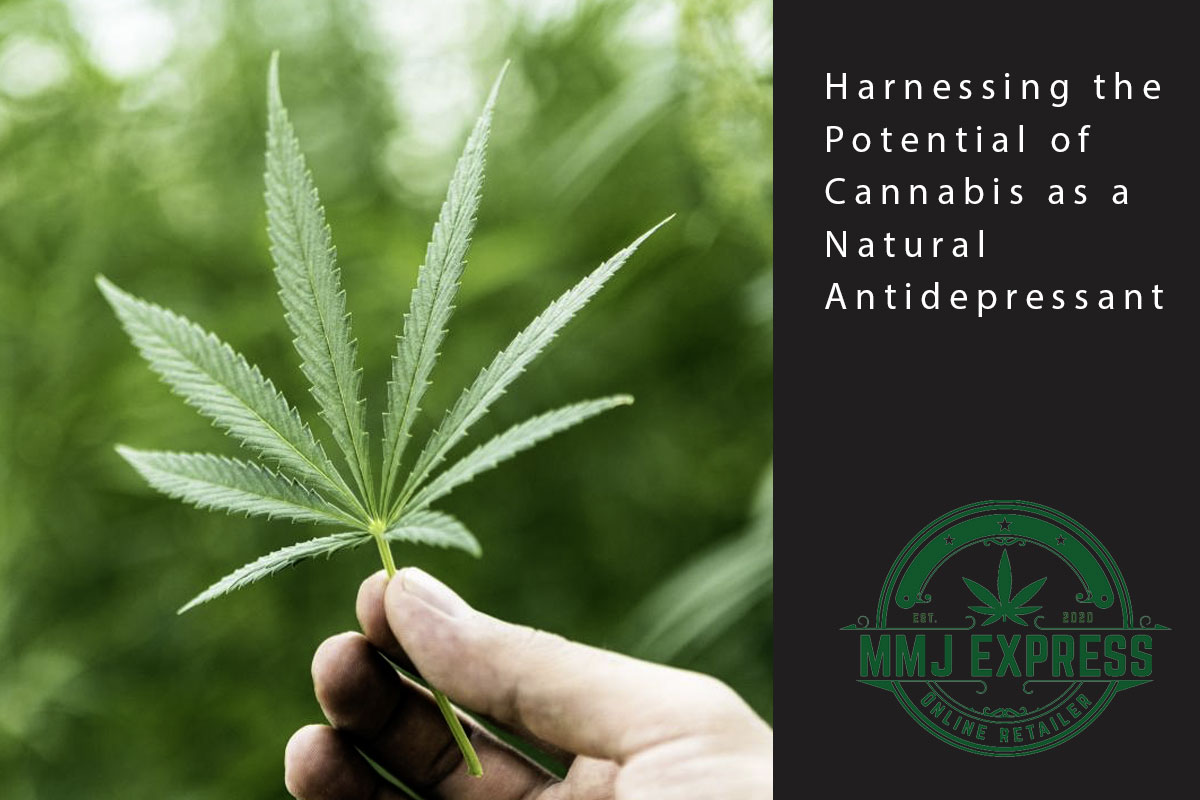
Amidst a stress-filled world, more people seek natural solutions for relief. Surprisingly, cannabis, once associated with recreation, is now gaining attention as a potential natural antidepressant. This versatile plant’s therapeutic benefits are being recognized as an alternative for mental well-being. In this article, we’ll explore the potential and considerations of using cannabis for depression.
The Benefits of Cannabis for Mental Health
- Anxiety and Stress Relief: Certain CBD-rich strains could help reduce anxiety and stress by interacting with mood-regulating brain receptors.
- Depression Management: Cannabis compounds like CBD and THC may alleviate depressive symptoms by affecting neurotransmitters and mood-regulating systems.
- Improved Sleep: Sedative properties in specific strains might aid sleep quality and insomnia.
- PTSD Support: Early studies suggest cannabis could help manage PTSD-related anxiety and thoughts.
- Mood Elevation: THC-rich strains could induce temporary euphoria and happiness.
- Chronic Pain: Cannabis may reduce pain perception and enhance overall well-being in chronic pain management.
Different Strains of Cannabis and Their Effects on Mood
Using cannabis as a natural antidepressant requires understanding that strains differ in effects due to varying CBD, THC, and terpene levels. Some strains are uplifting and energizing, while others are calming and sedating. Cannabis strains come in three main types: sativa, indica, and hybrid, each exerting unique effects on mood:
Sativa Strains: Sativas are renowned for their invigorating and uplifting impact. They often enhance creativity, focus, and sociability. Known for a cerebral high, sativas can induce feelings of euphoria and motivation. These strains are suitable for daytime use and may assist individuals seeking mood enhancement and relief from depression without excessive sedation.
Indica Strains: Indicas offer relaxation and tranquility. They are favoured for their potential to ease stress, anxiety, and physical tension. Indicas frequently induce a deep sense of calm and can lead to a “couch-lock” sensation, making them well-suited for evening or nighttime use. These strains could be valuable for those addressing symptoms of depression alongside restlessness or insomnia.
Hybrid Strains: Hybrids blend sativa and indica genetics, aiming to merge the effects of both types. The outcomes can vary significantly based on the specific hybrid. Some lean more toward sativa-like effects, providing a balanced mood lift and relaxation. Others lean more toward indica-like effects, offering relaxation paired with a touch of mental clarity. Hybrids are versatile, catering to individual preferences and needs.
Methods of Consumption and Dosage Guidelines
Using cannabis as a natural antidepressant involves considering different consumption methods, each with its own pros and cons. Selecting the right method can enhance cannabis’s potential benefits. One common way is smoking or vaporizing cannabis flowers, which offers fast relief due to quick absorption. However, smoking might pose health risks, especially for those with respiratory issues. Cannabis edibles, like gummies or baked goods, provide longer effects via digestion. Remember, onset can be slower, so begin with a small dose and wait for desired effects before consuming more. Sublingual tinctures (drops under the tongue) and topicals (applied on the skin) are other options, each with unique benefits. Your choice should match your preferences. Starting with a low dose and gradually increasing is crucial. Optimal cannabis dosage varies based on factors like weight and tolerance. Track your experiences in a journal to find the right dosage for your needs.
Precautions and Considerations When Using Cannabis as an Antidepressant
When considering cannabis as a natural antidepressant, taking precautions and seeking professional guidance is crucial, especially if you’re on medication or have underlying health conditions, as cannabis interactions might not be suitable for everyone. Understanding potential side effects like dry mouth, red eyes, impaired coordination, and temporary memory issues is important, even though these effects are usually mild and short-lived. Being mindful of their impact on daily life is essential. Additionally, recognizing the potential for habit formation is important, as some individuals may develop dependence or addiction. In summary, responsible and moderated cannabis use, along with seeking assistance when needed, is key to maintaining a balanced approach.
Conclusion
In conclusion, cannabis exhibits potential as a natural antidepressant, capable of enhancing mood and reducing stress. The collaborative effects of CBD, THC, and terpenes could potentially alleviate symptoms of depression and foster well-being. Exploring cannabis as an alternative antidepressant offers hope to individuals seeking relief beyond conventional treatments. By making informed choices and embracing alternative therapies, one can navigate towards improved mental health and overall wellness. Ready to explore further? Discover MMJExpress.cc, an online dispensary catering to your cannabis needs.
Acapulco Gold AAAA (Popcorn Nugs)
- Sativa Dominant Hybrid 80% Sativa / 20% Indica
- THC: 25%
- Effects: Aroused, Cerebral, Creative, Energizing, Euphoria, Happy
- May Relieve: Arthritis, Chronic Pain, Depression, Fatigue, Migraines, Nausea, PTSD, Stress
- Flavors: Citrus, Coffee, Creamy, Pine, Sweet, Woody
- Aromas: Earthy, Pine, Pungent, Sweet
Amnesia Haze AAAA (Popcorn Nugs)
- Sativa Dominant Hybrid 80% Sativa / 20% Indica
- THC: 26%
- Effects: Creative, Energizing, Euphoria, Giggly, Happy
- May Relieve: ADD/ADHD, Anxiety, Cancer, Chronic Pain, Depression, Fatigue, Hyperactivity, Insomnia, Loss of Appetite, Migraines, Mood Swings, Stress
- Flavors: Citrus, Lemon, Sweet
- Aromas: Earthy, Lemon, Sweet




